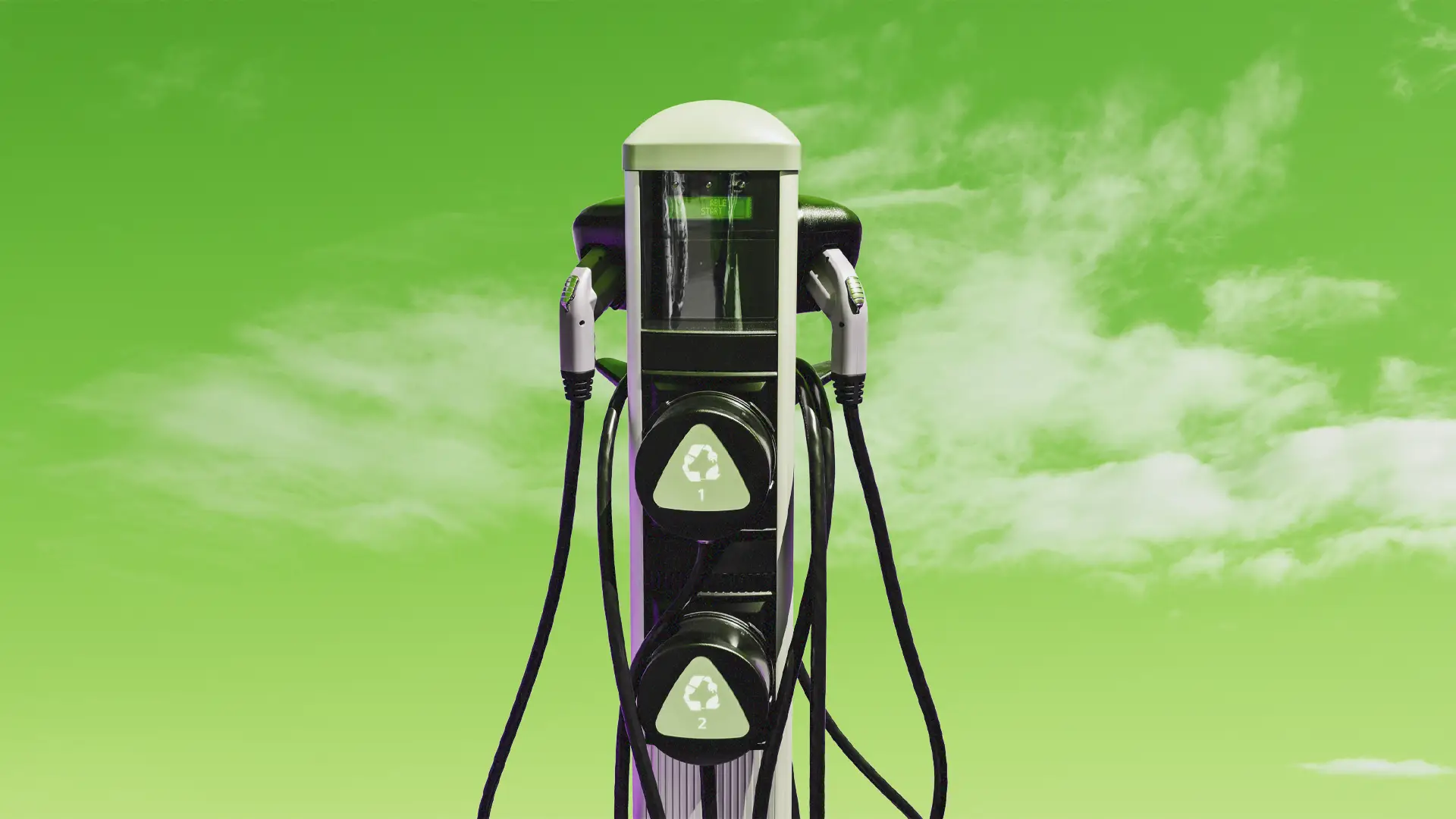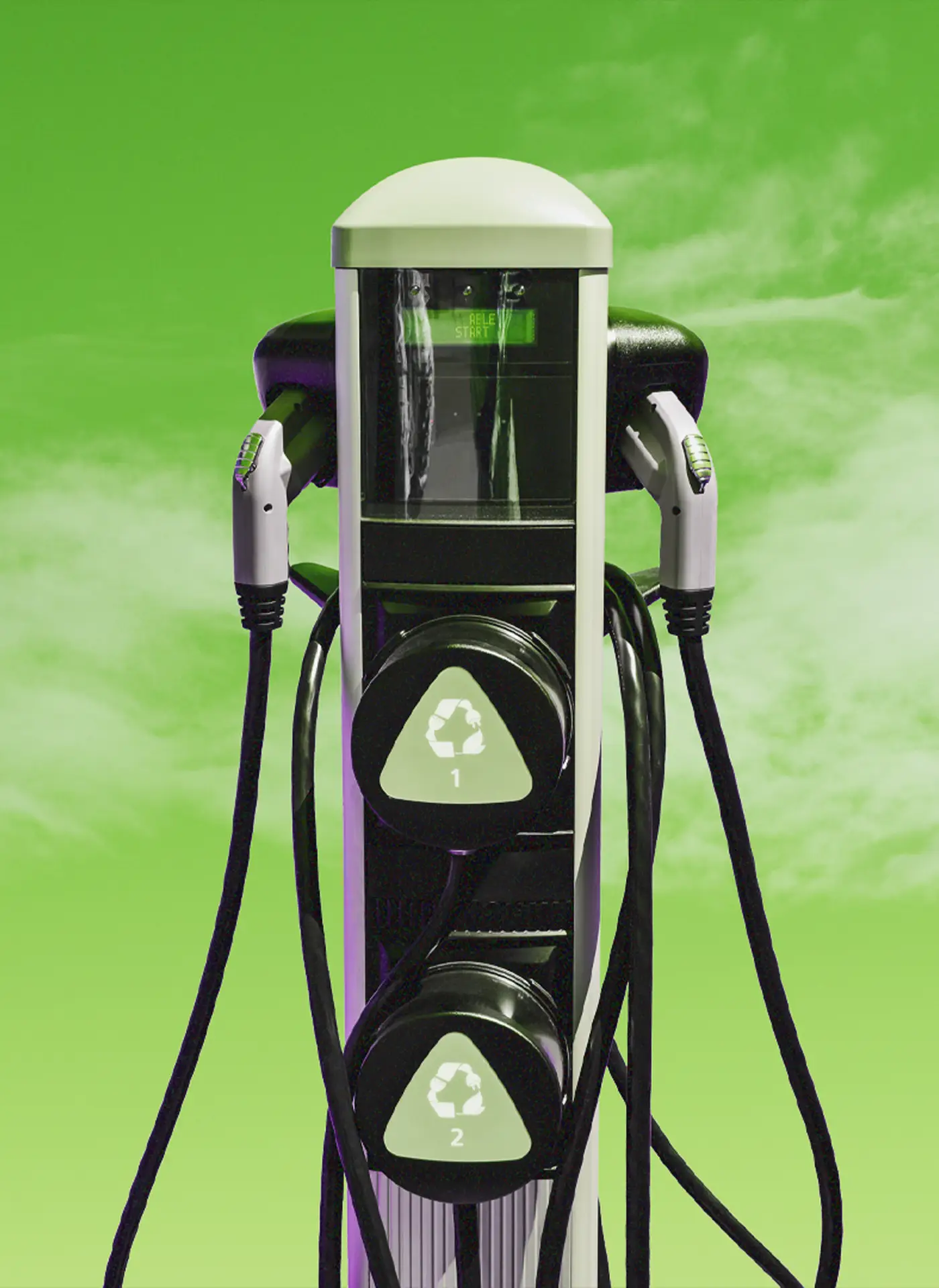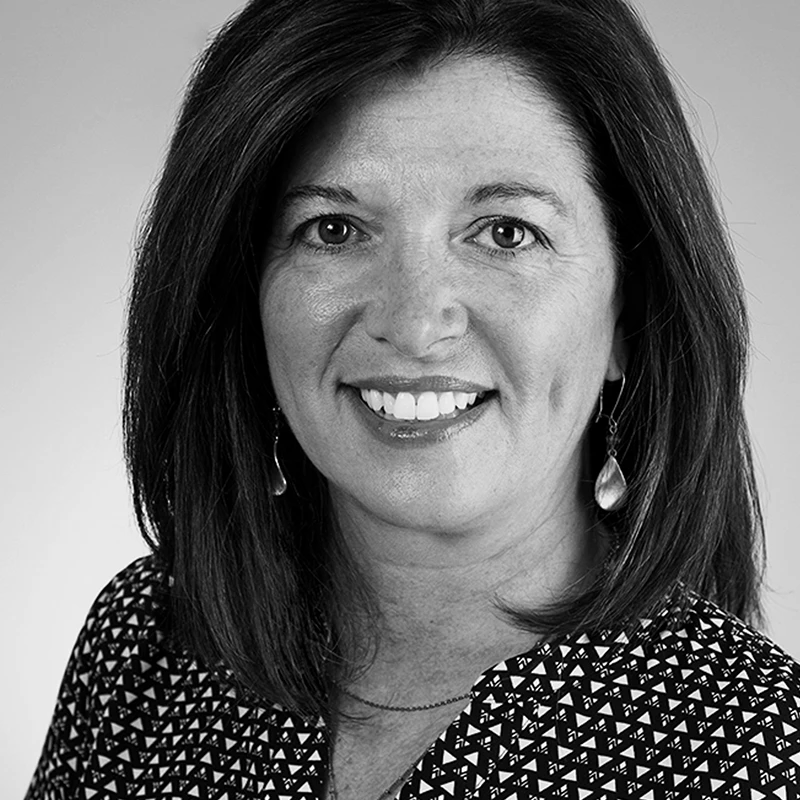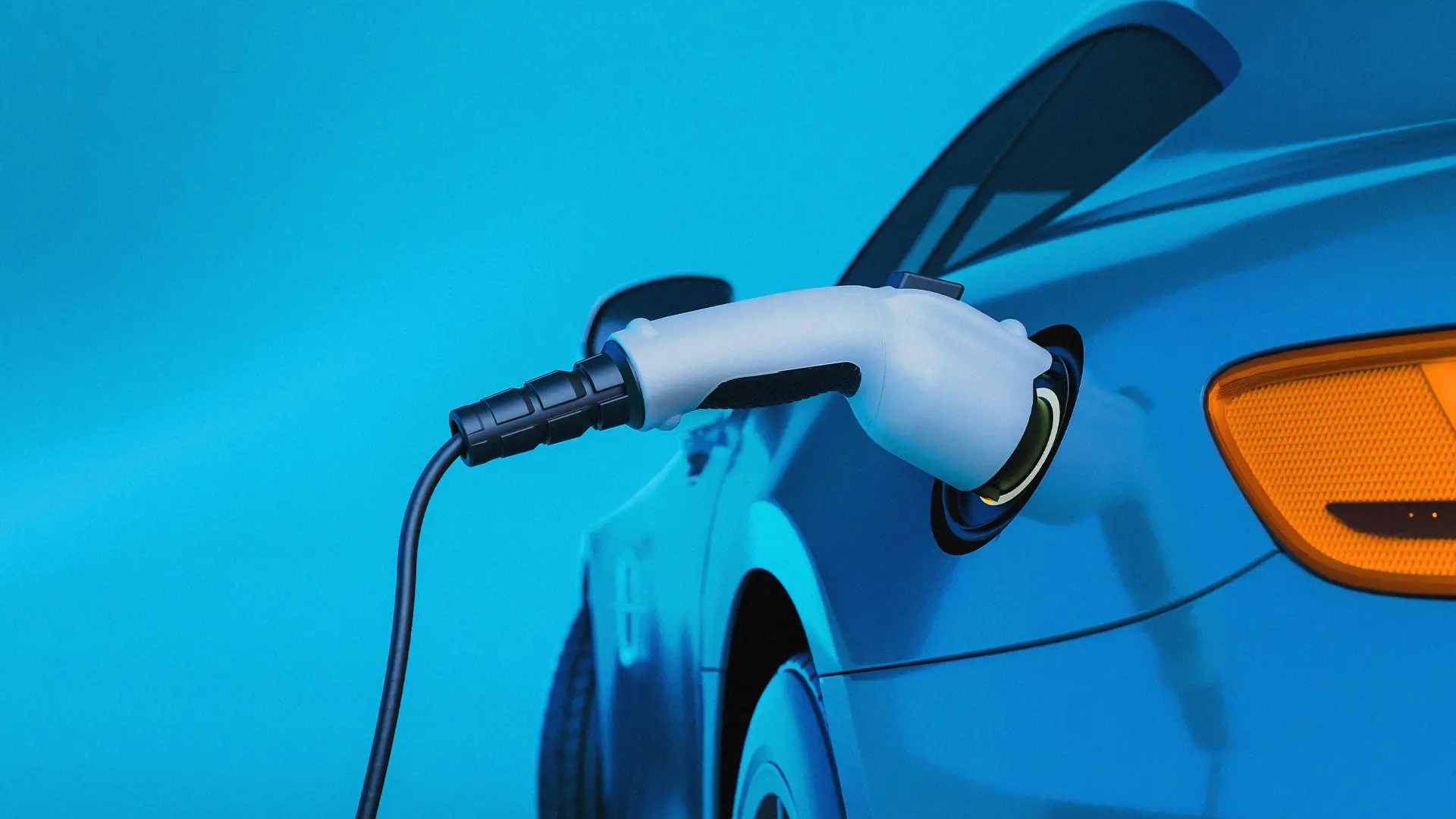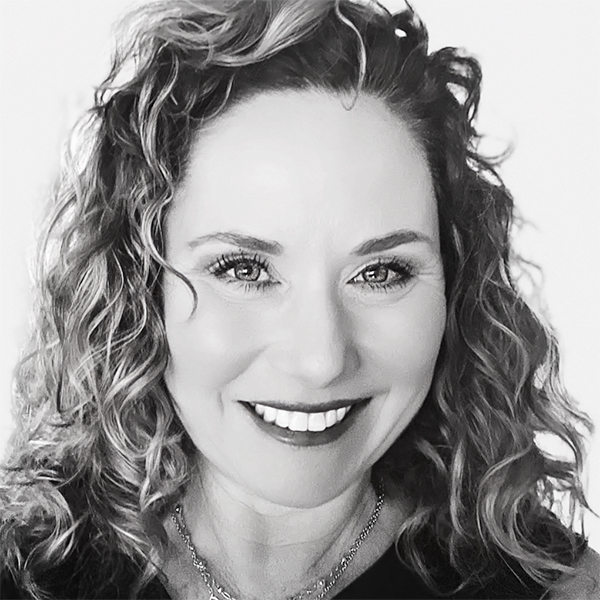Key Takeaways
- While u0022range anxietyu0022 is being alleviated by the growth of private charging stations in America, EV (electric vehicle) owners now face u0022charging anxietyu0022 due to issues like incompatibility and unreliability.
- There is a significant opportunity for brands to innovate in the EV charging experience by offering dependable, professional-grade installation and maintenance services.
- Providing assurance in charging services can differentiate brands, much like GM's Mr. Goodwrench and Hyundai's Assurance campaign did in the past.
- By drawing inspiration from Apple and the Tokyo Toilet project, American ingenuity can create an aspirational EV charging experience surpassing traditional gas stations, leaving the question: who will revolutionize the EV charging landscape?
Listen: EV owners have had enough and need reliable charging stations.
Isn’t it funny how quickly things change? EV adoption has been hampered by “range anxiety,” the fear there wouldn’t be a charger when you needed one. However, federal investment in the National Electric Vehicle Infrastructure (NEVI) Program and the rapid development of privately funded charging stations mean that chargers are now popping up across America. While relieving that original anxiety, this shift has created either something more problematic or—for a CMO—an opportunity for marketing innovation.
Instead of “range anxiety,” EV owners who rely on public charging today are experiencing a myriad of issues, including charger incompatibility, unreliability, and inconsistency. As such, these owners are now experiencing “charging anxiety.”
Opportunities for innovation in EV charging experience
Brand supported EV charging station technicians could become a real differentiator. Take a moment and click back to the time when General Motors built a whole revenue model around Mr. Goodwrench. Their TV commercials featuring well-trained, trustworthy technicians promised to keep that “great GM feeling going no matter where you are.” This is exactly the level of assurance that charging stations need to provide today.
Historically, assurance is the key ingredient for breakout brands. In 2009, Hyundai’s Super Bowl commercial had Jeff Bridges putting it this way to America, “Today, buying a new car is a big commitment for most people. What about the company selling it to you, how committed are they?” It was a question that struck a chord and the commitment Hyundai showed allowed them to surge ahead of the pack.
For EVs today, the same question applies. Because it is a big commitment and it can be a scary one. In the same way Hyundai once reassured customers that, if they lost their job, they wouldn’t lose their car, they could reimagine their Assurance campaign and promise their customers reliable EV chargers at home and on the road.
Transforming perspectives
It’s a clear opportunity for bold strokes like this. Imagine if Ford, GM, and Hyundai aligned with like-minded partners to build an alternative retail network of their own with technicians who would ensure professional-grade installation, manage software updates, and shepherd in a smoother integration between the vehicle, the driver’s smartphone, and the charger. With ongoing service and maintenance, these charging stations could be so reliable, they’d make the Maytag repairman tip his hat.
Great brands know that their greatness often lies in “after-sales” service. When Steve Jobs opened the Apple Store, he could have simply flooded it with iMacs and iPods and called it a day. But, he went further and included the Genius Bar—a team of well-trained techies there to help their customers with their new high-tech Apple products. One can only imagine, if Apple would have actually built their EV, what sort of game-changing charging destinations they could have designed to enhance that ownership experience.
Watching the lovely Wim Wenders film “Perfect Days,” I discovered the Tokyo Toilet project. If you think EV charging has a poor image, think about public toilets. Actually, I’m sure you’d rather not think about them at all, and that is exactly my point. Known for its hospitality culture, Japan had the admirable ambition to elevate the experience of its public facilities. So the country awarded 17 of its top designers and architects the opportunity to redesign the experience of their public bathrooms. The film centers on a maintenance worker who takes great pride in delivering white glove service to the facilities and its guests. Workers even get to wear cool uniforms (merch available on Etsy)! If Japan can change perceptions of public toilets, what could a similarly artful and inspirational effort do to change perception of EV public charging facilities?
Revolutionizing the EV charging experience: Who will lead the charge?
American ingenuity can make this happen. The service industry in America leads the world. We are the home of same-day delivery, the convenience store, the drive-thru donut shop, and 30-minute pizza. Surely, we can come up with an aspirational charging experience to beat gas stations. After all, they come with bulletproof glass, bad attitudes, the worst bathrooms, lingering toxic smells, and a sinking feeling that the whole place will explode the minute someone lights a smoke. If automakers don’t take on this marketing and brand experience challenge themselves, it’s a pain point waiting to be disrupted by some adjacent marketer—Starbucks? Dunkin’? Disney?—to come along and change things for the better.
Sometime soon, public charging across America will be as reliable as a Waffle House being open in a hurricane. Who will be the modern marketing genius who cracks it? Who’ll be the next Howard Schultz, Sara Blakely, or Ray Kroc of the EV charging experience? Certainly, there IS going to be one, because America doesn’t just run on Dunkin,’ it also runs on progress.
Latest.

Setting a new standard with AI in creative staffing.
Retention Strategies, Consulting & Operations, Engineering & Technology, Innovation & Emerging Tech, Talent Acquisition & Recruitment
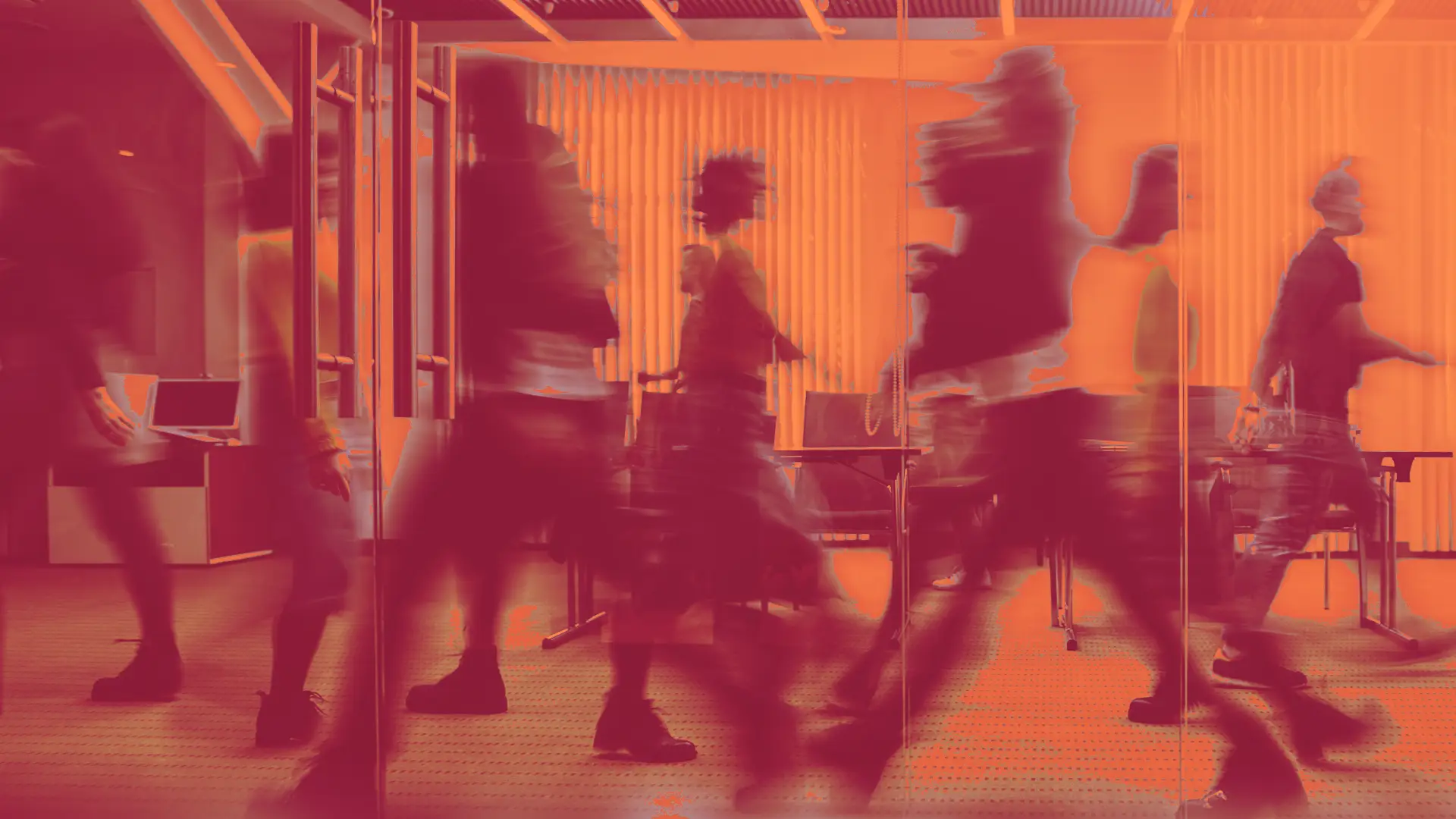
How to keep your team motivated and productive during a RIF.
Diversity, Equity & Inclusion, Leadership & Management, Retention Strategies, Talent Acquisition & Recruitment

